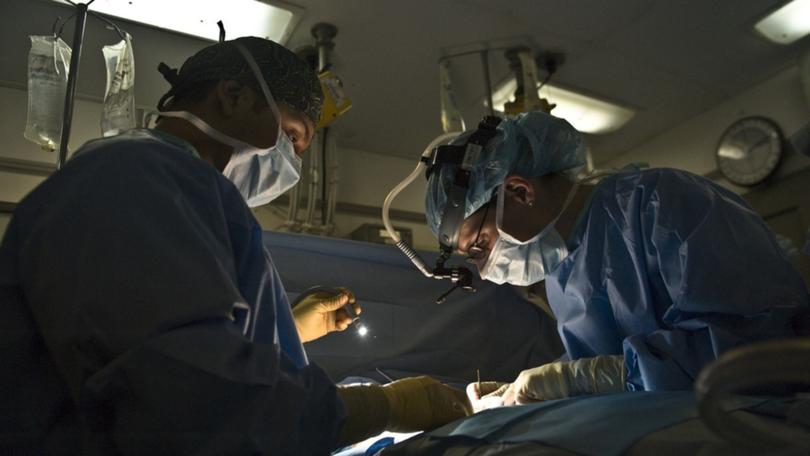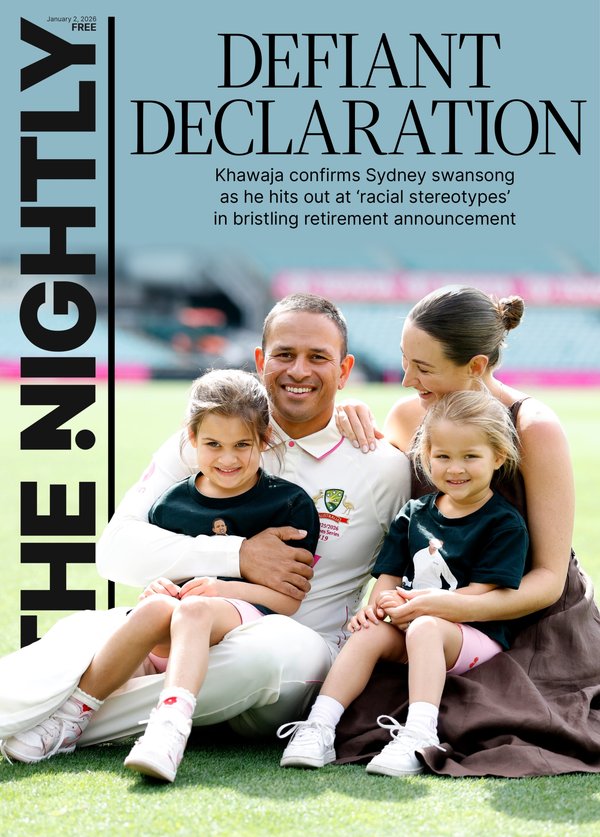Private health funds agree to pay higher hospital fees after drawn-out battle over $140 million ‘revenue grab’

They dubbed it an “opportunistic revenue grab” bound to hurt consumers but Australia’s biggest private insurers have now agreed voluntarily to pay $140 million in higher hospital fees.
Bupa, Medibank and NIB — who along with HCF control 74 per cent of the market — will pay NSW’s gazetted single-room rate of $892 from January 1.
The rate is almost double what they had been forking out.
Sign up to The Nightly's newsletters.
Get the first look at the digital newspaper, curated daily stories and breaking headlines delivered to your inbox.
By continuing you agree to our Terms and Privacy Policy.It comes in the face of a threat to raise taxes on reticent insurers under newly legislated powers.
“Over months of negotiations, the NSW government kept the door open to reaching a resolution with private health insurers,” Treasurer Daniel Mookhey said on Monday.
“We now have an agreement that’s good for our public hospitals and the millions of people who rely on them every day.”
The months-long stand-off between the major health funds and Mr Mookhey came as he argued taxpayers were missing out on $140 million a year.
Some insurers in recent years opted against paying the NSW single-room rate in favour of the federal government’s shared-bed rate - about $400 less.
Negotiations with Mr Mookhey to lift the rate swayed most of the 53 private health funds but Bupa, Medibank and NIB held out, warning of bill shock if they were forced to pay more.
“This is an opportunistic revenue grab with no justification,” Private Healthcare Australia chief executive Rachel David said in October.
“We’re very perplexed because we can’t see how it will actually raise any money when 60,000 to 100,000 people drop or downgrade their private health insurance in response.”
About 46 per cent of NSW residents have private hospital coverage, slightly above the national average of 45 per cent.
The agreement means the treasurer will not need to reach for the new health insurance levy powers to recover costs.
